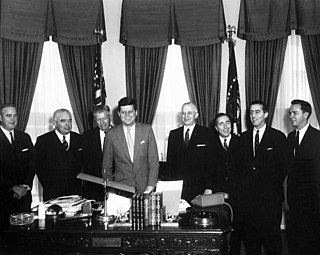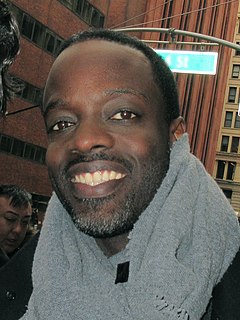A Quote by Darryl Pinckney
Manhattan was the capital of the twentieth century for black writers, artists, and intellectuals as much as it was for their white counterparts.
Related Quotes
Writers in the nineteenth century - people like George Eliot and Flaubert - were accustomed to addressing particular communities with which they shared not only linguistic meanings but also an experience and history. Those communities have progressively split in the twentieth century, and grown more heterogeneous, and writers emerging from minority communities have found themselves addressing audiences closer to their experience and history - a phenomenon derided by conservative white men as identity politics and multiculturalism in the arts.
Today's Uncle Tom doesn't wear a handkerchief on his head. This modern, twentieth-century Uncle Thomas now often wears a top hat. He's usually well-dressed and well-educated. He's often the personification of culture and refinement. The twentieth-century Uncle Thomas sometimes speaks with a Yale or Harvard accent. Sometimes he is known as Professor, Doctor, Judge, and Reverend, even Right Reverend Doctor. This twentieth-century Uncle Thomas is a professional Negro -by that I mean his profession is being a Negro for the white man.
There is not a history of black intellectuals being allied with dominant forces to hold white people in social and cultural subordination for a few centuries. Second, the "our" of black folk has always been far more inclusive that the "our" of white folk. For instance, there would have hardly been a need for "black" churches if "white" churches had meant their "our" for everybody - and not just white folk. But "our" black churches have always been open to all who would join. The same with white society at every level.
When I die, I want to be remembered as a woman who lived in the twentieth century and who dared to be a catalyst of change. I don't want to be remembered as the first black woman who went to Congress. And I don't even want to be remembered as the first woman who happened to be black to make a bid for the Presidency I want to be remembered as a woman who fought for change in the twentieth century. That's what I want.
White artists have made millions of dollars off music they stole from black artists. I don't blame all the white artists. I'm a huge Stevie Ray Vaughn fan, and he was always very gracious about where he learned his music. But a lot of the time, you'd think the white guys thought it up. Hey, hasn't anyone heard of Muddy Waters?
The last publicized center of American writing was Manhattan. Its writers became known as the New York Intellectuals. With important connections to publishing, and universities, with access to the major book reviews, they were able to pose as the vanguard of American culture when they were so obsessed with the two Joes--McCarthy and Stalin--that they were to produce only two artists, Saul Bellow and Philip Roth, who left town.
I reached the age of 70, because I have cultivated an association of multicultural intellectuals who are informed and alert to whatever "tricknology" that's laid on us by the powers that be. These include White ethnic intellectuals- people who know their roots- as well as Native American, Asian American, Hispanic and Black intellectuals. These are thirty, forty-year associations with some of the best minds around. Minds that are ignored by the media.






































